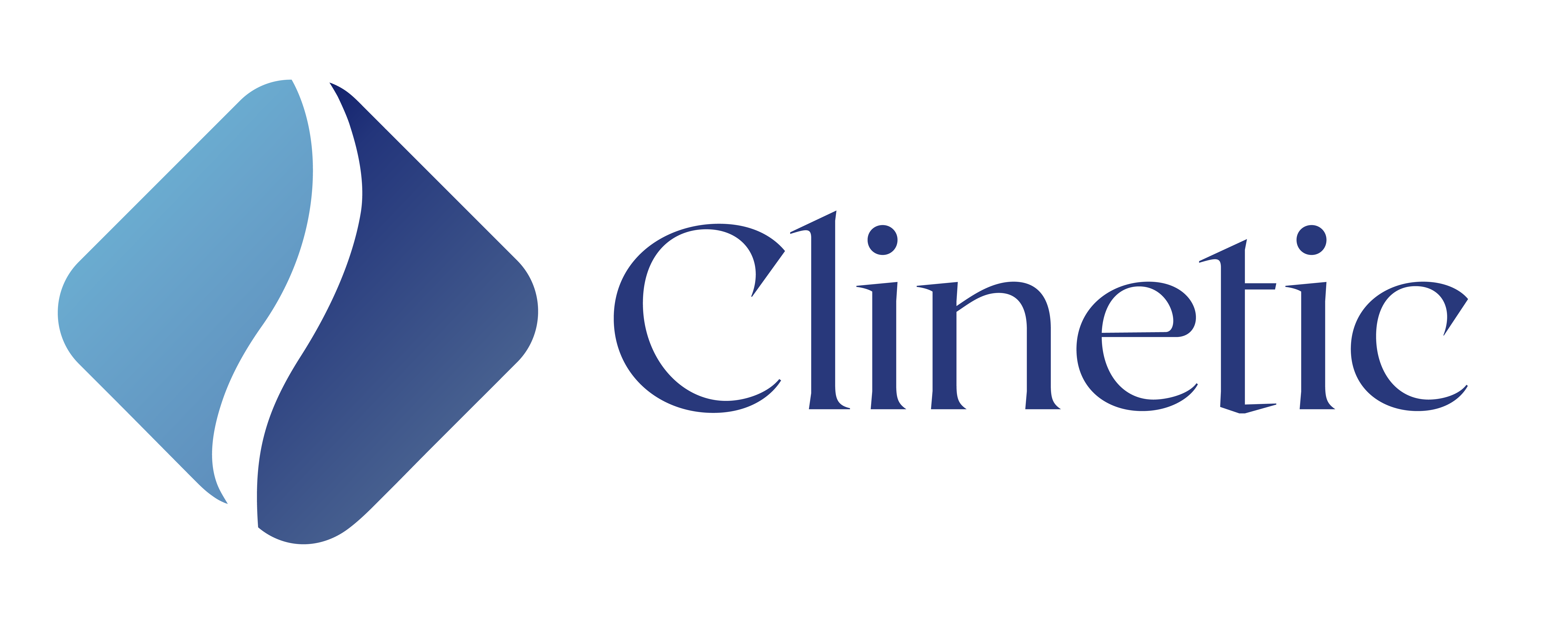Concussions/Mild Traumatic Brain Injury
What is a Concussion or a Mild Traumatic Brain injury (TBI)?
A Concussion is a type of traumatic brain injury caused by a bump, blow, or jolt to the head or by a hit to the body that causes the head and brain to move rapidly back and forth. The sudden forward, backward, or sideways movement of the head, similar to what happens during whiplash, is the most frequent cause of concussion. Concussions can range in severity and recovery timeline depending on the mechanism of injury and the treatment plan.
How does Concussion feel?
When the head is violently moved either by an object striking it or by abrupt changes in motion such as whiplash, mild TBIs or concussion may result. Depending on the severity of the injury, the chemical composition of the brain may change and affect how well it functions. Concussions may produce immediate and/or delayed effects. Short-term and/or long term physical, emotional, and mental symptoms and dysfunctions may result from concussion. Brain function issues, eyesight issues, and balance issues could be short or long term. All concussions are regarded as significant injuries by medical professionals. Concussions can happen at any age and for a variety of reasons. Causes may include:
- Car accidents
- Accidents at work that occur from falling from heights or head trauma
- Playground accidents, such as falling from a slide or swing
- Sports injuries to the head or neck
- A fall from heights, stairs, or losing balance, causing trauma to the head, face, or neck
- Violent events where the head is shaken, or when the person is near a blast or explosion
- Direct blows to the head
How does Concussion feel?
While most concussions are not life-threatening, their symptoms may alter quality of life and interfere with activities of daily living. These symptoms include:
- Headache
- Nausea & vomiting
- Sleep disturbances/ Oversleeping
- Difficulty with balance
- Difficulties with concentration & memory
- Difficulty problem solving
- Confusion
- Dizziness
- Sensitivity to light and noise
- Blurred or double vision
- Fatigue
- Irritability and emotional changes
How are Concussions managed?
To properly manage concussion or mTBI symptoms, early intervention is essential. Examples include:
- Educating the patient and/or the patients’ parents/caregivers about the signs of illness and length of the recovery to avoid reinjury
- Controlling dizziness and improving balance
- Rest and recovery
- Return to activity and sport at a gradual pace
- Rehabilitation of the head and neck through gentle mobilisation
- Cognitive therapy

